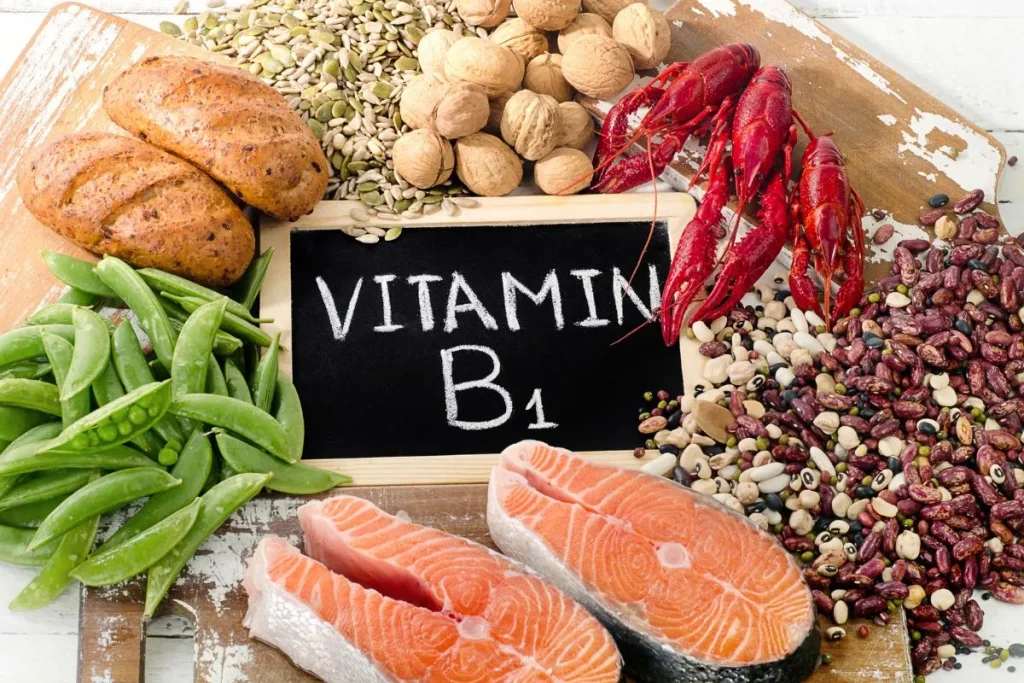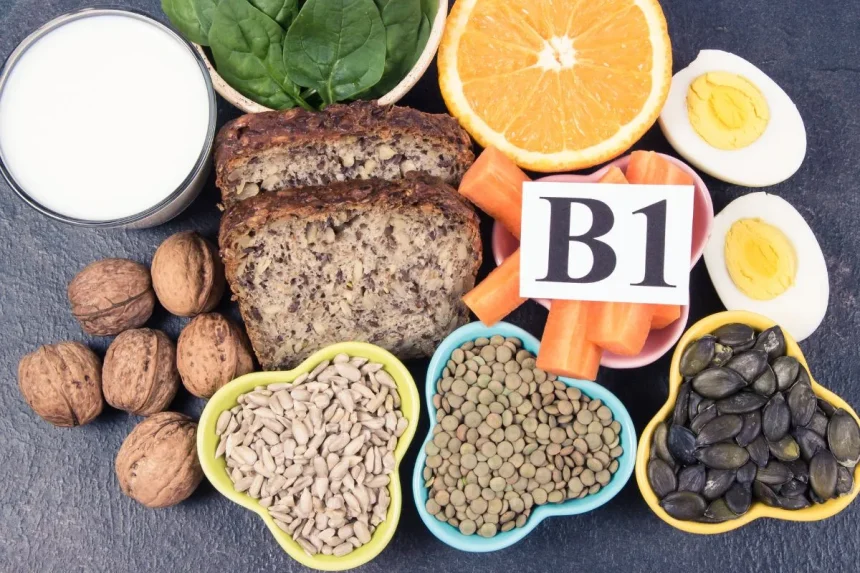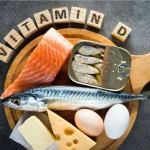Vitamin B1, also known as thiamine, is an essential water-soluble vitamin that plays a crucial role in maintaining overall health. It is part of the B-vitamin complex, which helps the body convert food into energy and supports various metabolic processes. Despite its significance, many people may not fully understand the importance of thiamine or how to ensure they get enough of it in their diet. This article explores the vital functions of thiamine, its dietary sources, and the consequences of deficiency.
Functions of Vitamin B1 (Thiamine)
- Energy Production: Thiamine is a key player in the metabolism of carbohydrates. It helps convert glucose, the primary energy source for cells, into usable energy. This process is vital for maintaining energy levels and overall metabolic function.
- Nervous System Health: Thiamine supports the nervous system by aiding in the production of neurotransmitters, which are chemicals that transmit signals between nerve cells. This function is crucial for maintaining healthy brain function and nervous system integrity.
- Muscle Function: Thiamine is involved in the synthesis of acetylcholine, a neurotransmitter necessary for muscle contraction. Proper muscle function and coordination rely on adequate thiamine levels.
- Cardiovascular Health: Thiamine plays a role in supporting cardiovascular health by contributing to proper heart function and the regulation of blood pressure.
Sources of Vitamin B1 (Thiamine)

To ensure adequate thiamine intake, it’s essential to include a variety of foods in your diet. Rich sources of thiamine include:
- Whole Grains: Brown rice, oats, barley, and whole wheat products are excellent sources of thiamine.
- Legumes: Beans, lentils, and peas provide a good amount of thiamine.
- Nuts and Seeds: Almonds, sunflower seeds, and flaxseeds are beneficial for thiamine intake.
- Lean Meats: Pork, especially, is particularly high in thiamine. Other meats like beef and poultry also contain this vitamin.
- Fortified Foods: Some cereals and bread are fortified with thiamine to help meet daily requirements.
- Vegetables: Spinach, kale, and Brussels sprouts contain thiamine in smaller amounts.
Recommended Daily Intake
The recommended daily intake of thiamine varies depending on age, sex, and life stage. The general guidelines are as follows:
- Adult Men: 1.2 mg per day
- Adult Women: 1.1 mg per day
- Pregnant Women: 1.4 mg per day
- Lactating Women: 1.4 mg per day
Consequences of Thiamine Deficiency
A deficiency in vitamin B1 can lead to several health issues, including:
- Beriberi: Beriberi is a condition characterized by symptoms such as weakness, numbness, and tingling in the extremities. There are two main types of beriberi:
- Wet Beriberi: Affects the cardiovascular system and can lead to swelling and heart problems.
- Dry Beriberi: Impacts the nervous system and can cause muscle wasting and neurological symptoms.
- Wernicke-Korsakoff Syndrome: This syndrome is a severe neurological condition often associated with chronic alcoholism. It includes two stages:
- Wernicke’s Encephalopathy: Causes confusion, lack of muscle coordination, and eye movement abnormalities.
- Korsakoff’s Psychosis: Leads to memory problems, confusion, and difficulty forming new memories.
- Fatigue and Weakness: Inadequate thiamine levels can lead to general fatigue, muscle weakness, and decreased energy levels due to its role in energy metabolism.
Maintaining Adequate Thiamine Levels
To maintain optimal thiamine levels, incorporate a variety of thiamine-rich foods into your diet regularly. For individuals with specific dietary restrictions or health conditions, supplementation may be necessary. However, it’s important to consult with a healthcare provider before starting any supplements.
Conclusion
Vitamin B1 (thiamine) is a vital nutrient with several essential functions, including energy production, nervous system support, muscle function, and cardiovascular health. Ensuring an adequate intake of thiamine through a balanced diet can help prevent deficiency-related health issues and support overall well-being. By understanding the importance of this nutrient and incorporating thiamine-rich foods into your meals, you can promote optimal health and vitamin.
Get more info: https://www.timelinetale.com/







